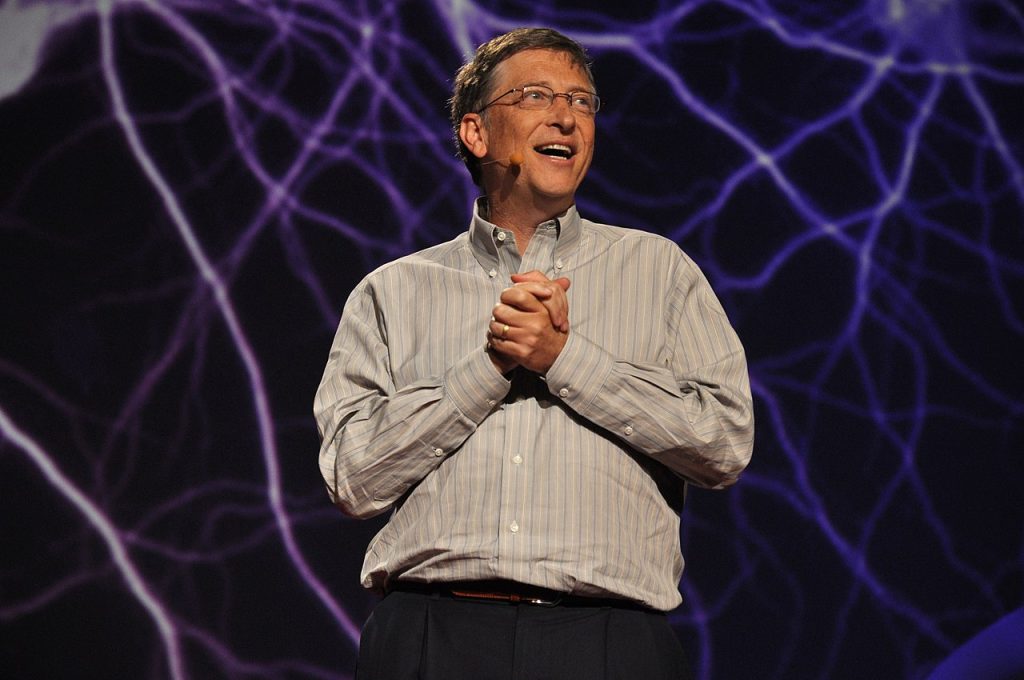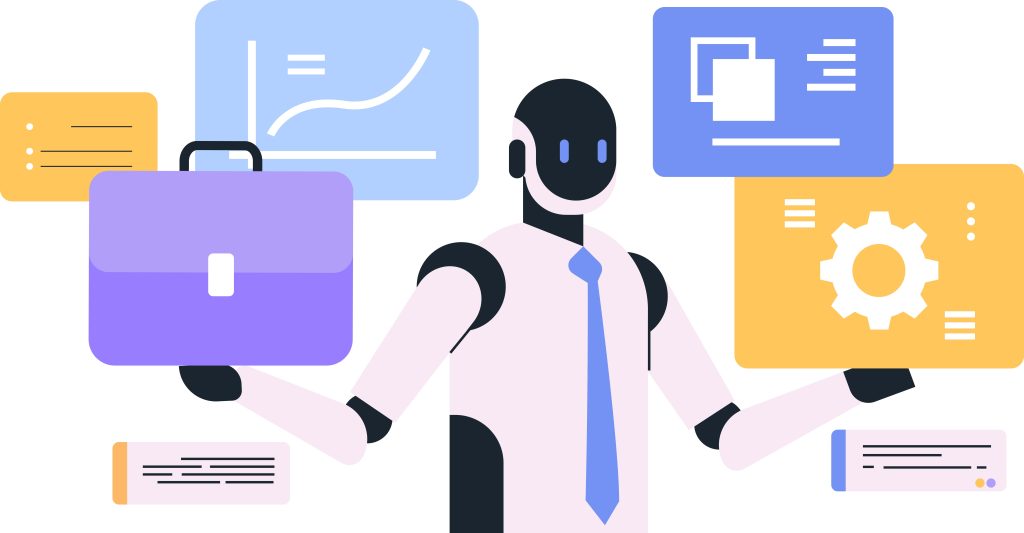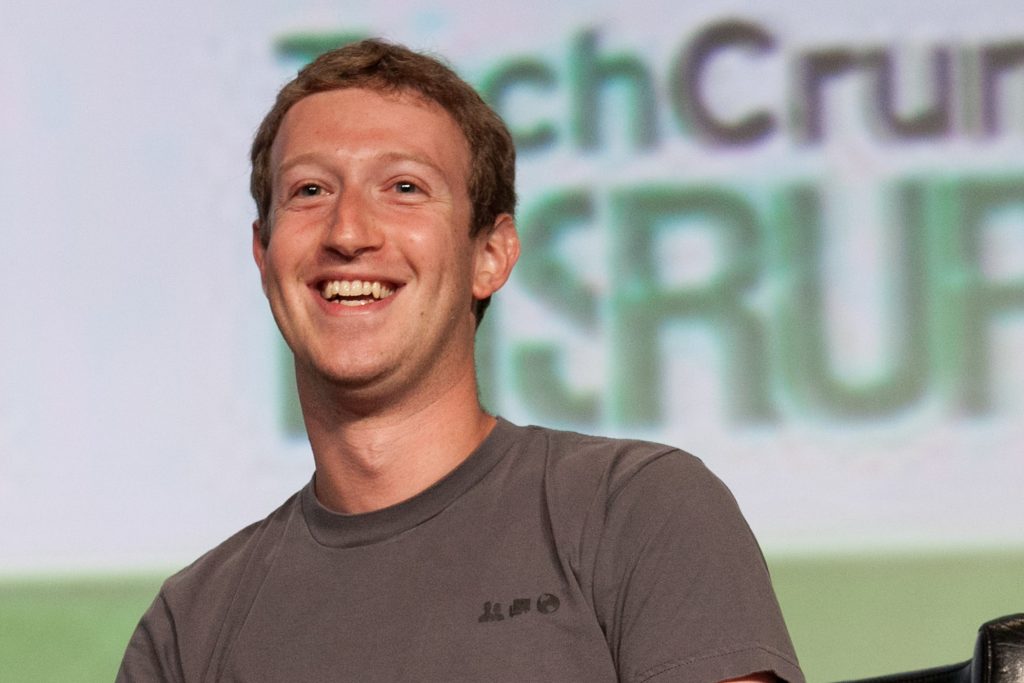
As AI transforms industries, many wonder which jobs will survive the next wave of automation. According to Bill Gates, some AI-proof jobs still exist. In a recent public statement, he shared a list of Bill Gates AI jobs—professions that will remain safe from artificial intelligence disruption over the next 10 years.
Beyond aspiration, Gates emphasizes that roles requiring creativity, intuition, and uniquely human presence—currently beyond AI’s reach—will endure. In this article, we dive into these claims alongside data-driven surveys, global expert projections, and challenges for managers and workers alike.
⛑️ 1. Biologists: Innovators of Life
Bill Gates highlights biologists as resilient against AI displacement because:
- Their work relies on creative hypothesis generation, laboratory intuition, and deep contextual understanding.
- AI excels in data analysis, but lacks the ability to propose novel biological theories or design unpredictable experimentsfacebook.com+5techradar.com+5beingguru.com+5people.com+11m.economictimes.com+11reddit.com+11.
NASA’s Innovation.io highlights how breakthroughs in microbiology and genomics still require human judgment, not algorithmic shortcuts. For example, engineering a gene-editing experiment demands adjustments that hinge upon tacit knowledge—a domain AI cannot replicate.
⚡ 2. Energy Specialists: Guardians of Sustainability
Gates singles out energy experts as irreplaceable due to their need for:
- Navigating complex geopolitical landscapes surrounding energy infrastructure.
- Making policy-informed decisions about renewable transitions and climate regulationm.economictimes.com+1hola.com+1hola.com+1tribune.com.pk+1.
A 2023 IEA survey shows 68% of energy policy managers consider human oversight indispensable for grid-level decisions—reinforcing Gates’s belief in their irreplaceability.
💻 3. Programmers: Architects of AI
As paradoxical as it may sound, the very architects of AI—programmers—are among the safest professions:
- AI tools like GitHub Copilot assist but do not supplant the creative, structural thinking required in software development people.com+6m.economictimes.com+6hola.com+6.
- A Reddit thread from developers echoes this, stating,“AI cannot outright replace devs, yet. … eventually AI will cause a fundamental shift, but for now it’s augmentation.” reddit.com
Looking ahead, the 2024 OpenAI‑led survey of 2,778 AI researchers estimated 50% chance of AI surpassing all human tasks by 2047—not within ten years—highlighting that deep software craftsmanship remains human-dominantarxiv.org+1arxiv.org+1.
⚾ 4. Athletes & Human-Centered Performers
Gates humorously noted, “we won’t want to watch computers play baseball”—implying sports and human-centric performances remain uniquely human en.wikipedia.org+5hola.com+5people.com+5.
- Elite athleticism relies on spontaneity, audience engagement, and human charisma.
- AI-driven robotic performances lack emotional authenticity—a critical dimension in live sports and stagecraft.
📊 Broader Data & Forecasts
To contextualize Gates’s insight, let’s explore empirical data:
| Study / Survey | Findings |
|---|---|
| Katja Grace et al. (2017) | 50% chance AI could outperform humans in all tasks within ~120 years; automating jobs takes decades techradar.com+1en.wikipedia.org+1arxiv.org+1arxiv.org+1. |
| Grace et al. (2024) | AI could handle select tasks by 2028, but total job automation is decades away . |
| Felten et al. (2023) | High exposure to language AI in roles like teaching and legal services; low in biology, energy, athletics . |
These projections align with Gates’s view: certain professions are inherently more resilient, and full automation remains a distant frontier.
🧭 Why These Roles Resist AI
To understand why these professions are “safe zones,” we must explore core attributes:
1. Creative Judgment
Fields like biology and software design are open-ended. Innovation does not follow fixed rules—requiring generative, non-linear reasoning.
2. Contextual & Ethical Nuance
Energy policy and biotechnology raise ethical, environmental, and geopolitical stakes. AI lacks the shared values and cultural sensitivity to navigate these.
3. Physical & Emotional Presence
Athletic competition and live performance require human embodiment and shared emotional experience—qualities not replicable by AI replicas.
🧩 Integrating AI as an Augmenter
Rather than replacement, Gates envisions AI as “free intelligence”—accessible expertise that augments human rolesarxiv.org+11people.com+11elcabildo.org+11techradar.com+1beingguru.com+1reddit.com+3moneywise.com+3nypost.com+3.
Examples include:
- AI tutors delivering personalized learning, with educators facilitating emotional and developmental support.
- Medical AI systems assisting diagnosis, while doctors exercise clinical judgment. Meta-analysis finds hybrid models outperform human-only benchmarks by 12%.
⚠️ Challenges & Misconceptions
- Overestimating AI Maturity
TechRadar criticizes Gates’s optimism, citing AI’s persistent hallucinations and human trust gaps . - Public & Emotional Trust
Human-to-human contact (e.g., teacher‑student rapport, therapeutic alliance) carries emotional weight machines cannot replicate . - Long Time Horizons for Displacement
Surveys suggest job automation is a multi-decade process, not overnight. Automation probabilities vary by rolewired.com+1arxiv.org+1.
✅ Implications: What Should Workers Do?
- Upskilling & Specialization
Embrace ongoing learning in creative, ethical, and human-centered domains. Hybrid education models (e.g., teacher + AI) are growing fast. - Policy & Ethics
Policymakers need to ensure equitable access to AI tools and job safety nets, as Gates has suggested in past tax-for-education proposals . - Strategic Leadership
Businesses must integrate AI while preserving human roles that hinge upon empathy, creativity, and ethical reasoning.
🌟 Conclusion
Bill Gates identifies four roles—biologists, energy experts, programmers, and athletes—as best shielded from AI displacement in the next decade. This outlook is not mere speculation—it resonates deeply with broader survey insights and grounded forecasts.
However, the future of work with AI depends on:
- Embracing AI as augmentative intelligence, not endpoint automation.
- Fostering skills rich in creativity, ethical judgment, and emotional nuance.
- Implementing thoughtful policies to support evolving roles in an AI-integrated world.
By aiming not just to survive but thrive alongside AI, professionals can redefine what work—and human creativity—means for the next generation.
🔍 References
- Economic Times – AI-resistant jobs: coders, energy experts, biologistsbeingguru.com+3m.economictimes.com+3tribune.com.pk+3
- HOLA, Express Tribune – coverage of Gates’s professions list hola.com
- Reddit perspectives on coding automation forbes.com+7reddit.com+7wired.com+7
- People Magazine & NY Post – remarks on doctors, teachers, AI replacementreddit.com+14people.com+14moneywise.com+14
- TechRadar – cautioning Gates’s optimism
- ArXiv studies (2017, 2023, 2024) on AI timeline and automation risk



